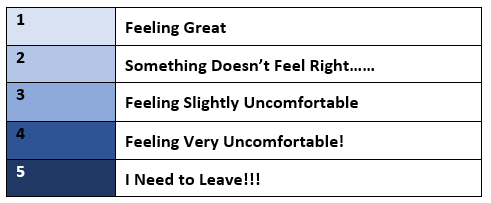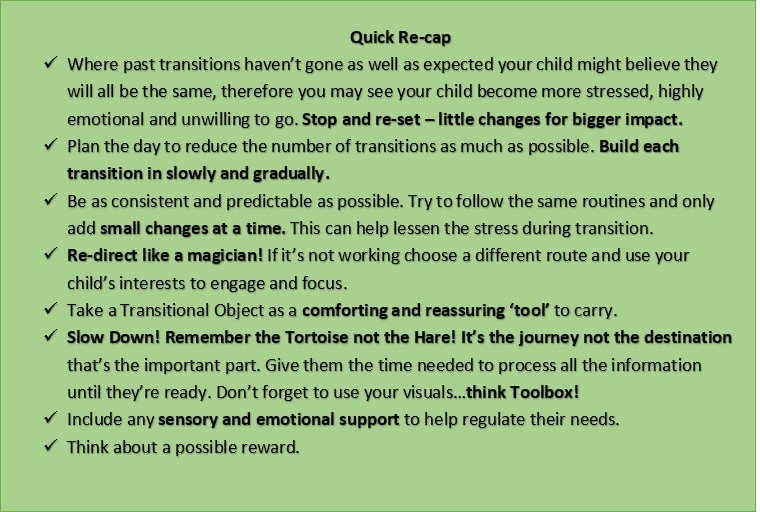TRANSITIONS
Managing Changes
What do we mean by 'transitions' and why do we need to be aware so we can prepare?
Any change of activity or moving between environments such as from home to school, visiting relatives/friends, going to the park, supermarket shopping, moving from one classroom to another, or stopping one activity and starting another means things change and are different. Changes can be......

Managing changes can be really hard for some autistic people. Changes can be unpredictable, challenging and highly anxiety provoking. The neurotypical world is sometimes confusing, overwhelming, noisy or busy, so when something unexpected happens our children can react in a big way and become very distressed, very quickly. Adding in routine and structure can create some predictability.
So what do we do?
- We plan and prepare as well as we can.
- We give key information, keeping it simple and factual.
- We don't make promises we can't keep
- We are ready to be flexible and adaptable at any given time
Any 'transition' (change) is seen as a 'process' and not a ‘one-off’ event therefore when we plan for change we need to think about the before, during and after the event. We rely on having experienced something, our abilities to predict what may happen, and the skills to help us manage within any stage of the 'process.' As we experience new things we gather and store information and learn more skills, so we effectively build a 'toolkit' to use because each event or situation we find ourselves in will be different and may need different responses.
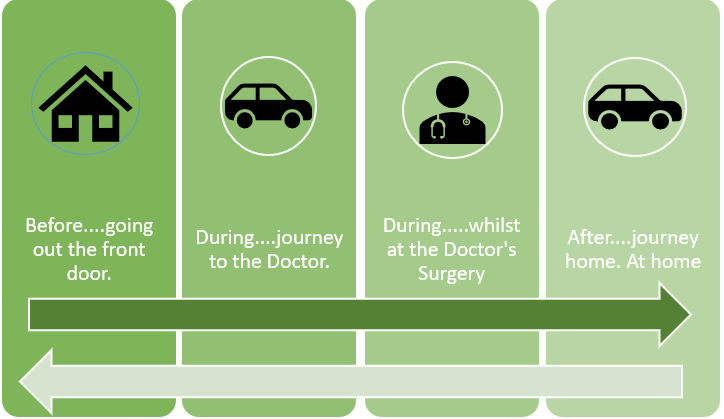
What kind of transitions might we experience?

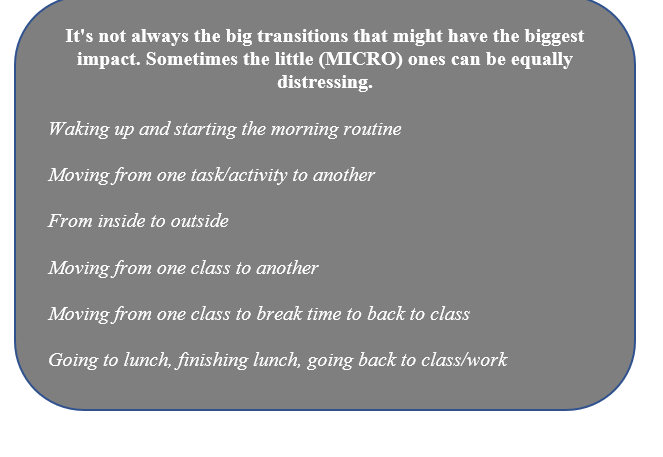
Thinking about big and small transitions what things would your children put on their list as their biggest concerns? Where have things gone well? Or not so well?
Any and all of the above can be daunting for anyone, but they can be more manageable when we have the right information and enough time to process.
We all have our 'comfort zones' the places, people and things that help us feel safe. We all 'manage' our own spaces and lives in our own way, so it becomes familiar, comfortable and ours. We may like objects in certain places, have set dinner times, bedtime routines, we may clean the house in a specific order, but if someone has moved things around, plans have suddenly altered, dinner is 10 minutes later than usual then something is different, and that has the potential to upset us because our patterns become confused . For some autistic people, it can be so distressing that it could be painful and feel like their world has come to an end, not knowing when things may return to their normal.



How do you like your environment? Use a scale to help you.
And then, when your environment changes, rate your feelings again to see if you can find your most comfortable and most uncomfortable places.
Use a scale with your child when you're out and about to help them identify how they are feeling. Add anything specific such as sensory sensitivities. This can then help tell you the areas your child may find more tricky than others and need extra help with.
What information do we need BEFORE the event?
Think about what you might be doing, for example - going to the supermarket? Visiting Grandparents? Starting School?
In our plan we focus on key points to help break the event/situation into specific facts: 'manageable sections'
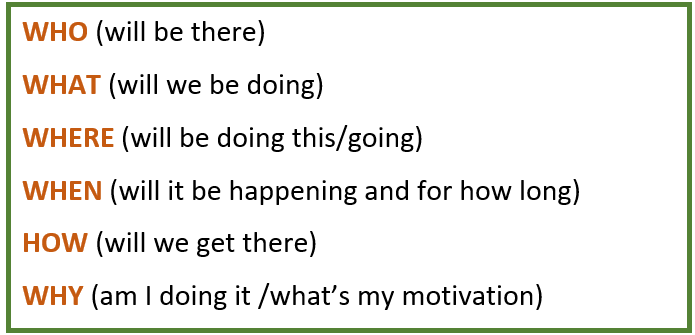
Consistency and planning can be the key to managing transitions. The above also supports our children's Executive Functioning Skills with things like organisation, planning, making decisions and time management.
Next we think about DURING the event. We know what should happen but.....'what if'?' .......'What if' there's a traffic jam?! 'What if' the bus is late?! 'What if' I need to leave?! 'What if it's a different person?'
- Supporting our children to understand and manage those 'what if' 'surprise' events or situations can help build understanding that things will change, and in turn reassure them that it's OK, change happens, but we can do this instead.
- Always keep in mind that however much you plan, you can't always predict everything so the unexpected is likely going to happen at some point.
- Be aware of the environment and what affects our children the most. Sensory sensitivities can greatly impact on what our children can and can't manage.
- Try and have more than one plan in place, each one with a different solution...this might be Plan A (we can leave straight away) Plan B (we can sit outside)
- If something unexpected happens have something in the plan that will help divert, distract and re-focus. Can you identify a safe space for your child to re-regulate and feel calmer?
- For explaining events/situations and to help with your planning we can use things like Carol Gray's Social Stories™ These can give the facts of what should happen, when and why and then explain why sometimes things might change and then what you can do instead .......take a deep breath, squeeze our fingers and count to 10 and repeat or place your hands over your ears, close your eyes and breathe slowly.
Build a Toolbox of Help
Think about each of the key stages above and which coping strategies, those things that help your child, could be added into their 'tool' box of help (or bag, or suitcase!)


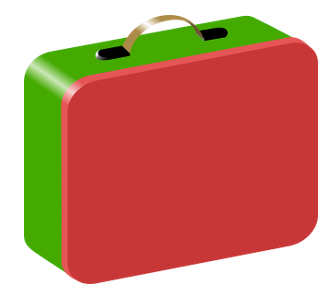


These might be visuals such as daily routine schedules like the example from Understood.org below or calendars, clock or sand timer, task lists, prompt cards, social scripts, photographs of places, people they might meet, shops or trips out, flow charts, videos, additional visits, practising journeys, their favourite toy, lego pieces, specific clothing/fabrics.
If they are going into a busy shopping area would it help to go in at quieter times, have a time limit, look at pictures beforehand, use a map and image of each shop you'll visit?
If visuals work well, maybe use more of them for different situations and keep adding to that toolbox!
Consistent use of these 'tools' can help lessen the stresses building up and how to manage their day.
It prepares them for those unexpected tricky times whilst encouraging them to accept small adjustments to routines.
It helps reduce anxieties around what change means to them and help build independence and resilience needed for later in life.
Forewarned is forearmed and means we are as ready as we can be.
DON'T FORGET AFTER THE EVENT!
We've asked a lot from them, so now our children need 'down-time' doing what they love and makes them feel good. They need time to process all the information, which bits to keep and which they don't need and time to re-regulate their bodies before any other expectations.
Think of it like 're-charging their batteries' after each expectation.

Download a copy of the Sheffield Children's NHS pdf below for more information on Maya Toudal & Dr Tony Attwood's Tool on Energy Accounting.
For more information: download the Ambitious about Autism Parent Toolkit

